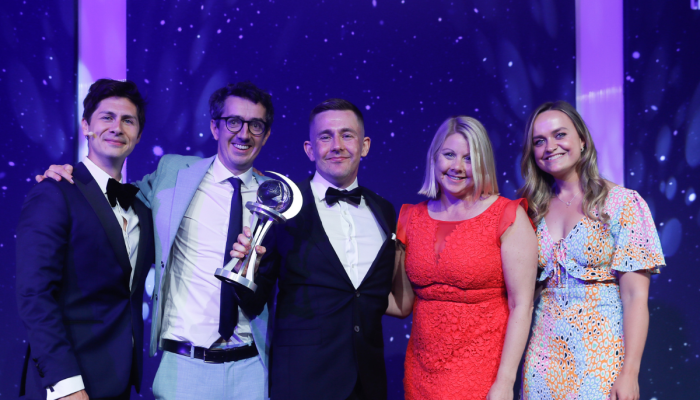How do you write a review for an session where more than 20 people shared their views, at breakneck speed, and all conducted under ‘Chatham House Rules’?
With difficulty it would seem.
So rather than write a ‘review’, I thought I’d share a 4 thoughts and questions that the session prompted in my mind. So here goes:
- If asked to list the 5 most interesting things about yourself, I very much doubt that anyone would spontaneously mention their age. It just isn’t a defining characteristic of most people. Why then is it such a peculiarly (and detrimentally) large consideration when it comes to employability? Surely we should be more interested in hundreds if not thousands of more important factors, particularly in the creative industries.
- I’ve always thought of ‘experience’ as universally useful - this session challenged that opinion. As one contributor pointed out, being rubbish at something for 20 years is just as useless as being rubbish at it for 2. In matters of age, career progression and recruitment, we need to be thinking about quality of experience not volume.
- Discussion of age can quite quickly develop a slightly ‘us vs. them’ narrative. I, perhaps optimistically, believe we’ve moved past this in the fields of gender and racial equality, so I wonder how we can quickly reach a consensus that the future looks like older and younger people working together and start debating how to make it happen rather than its importance (or the current injustice on both sides). Certainly a helpful first step would be a recognition on the part of younger people that older colleagues aren’t dinosaurs and a recognition on the part of the older people that they don’t necessarily understand the young just because they have been young before.
- All this leads to the most troubling thing about the session for me: the occasional assumption that you have to be in the target market of a product or service to develop communications for it. If the idea that older people can’t develop communications for the most common ‘under 35’ target is the bias that most commonly drives ageism in our sector then I think we’d all do well to remember two things:
- That our first job is to deeply understand the audience (whoever they are, and whether we are part of it or not)
- That not being in the target audience often gives a more objective understanding (even if that comes at the expense of empathy, shared experience or anecdotal evidence). Of course, though, this is a two way street: older people can’t claim a monopoly of older audiences just as younger people shouldn’t claim a monopoly of younger audiences.
If this is even half as thought-provoking as the event itself, then I’ll consider this ‘review’ a great success.
By Andrew Gibson, CSO at Creature London. Follow them @creaturelondon



